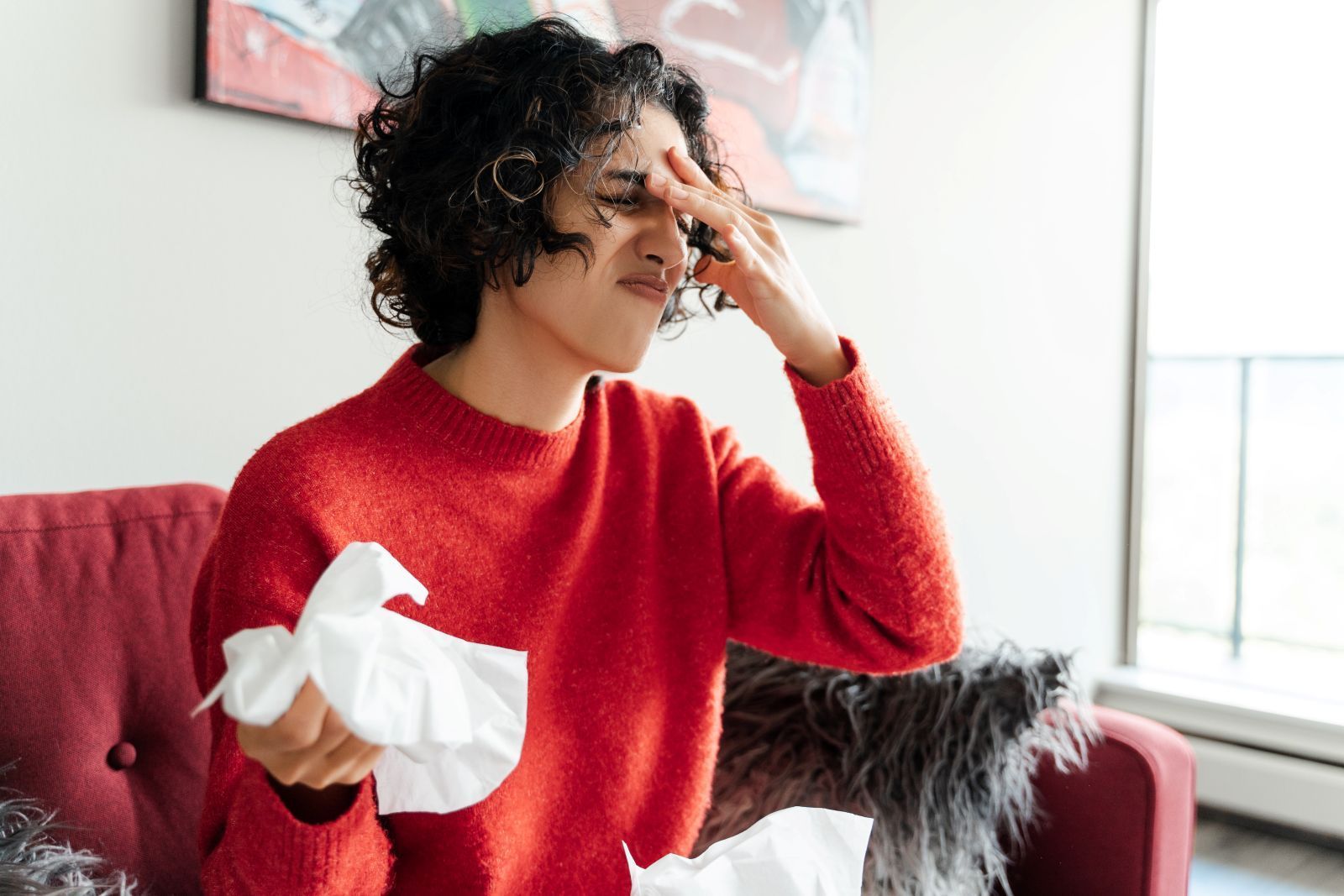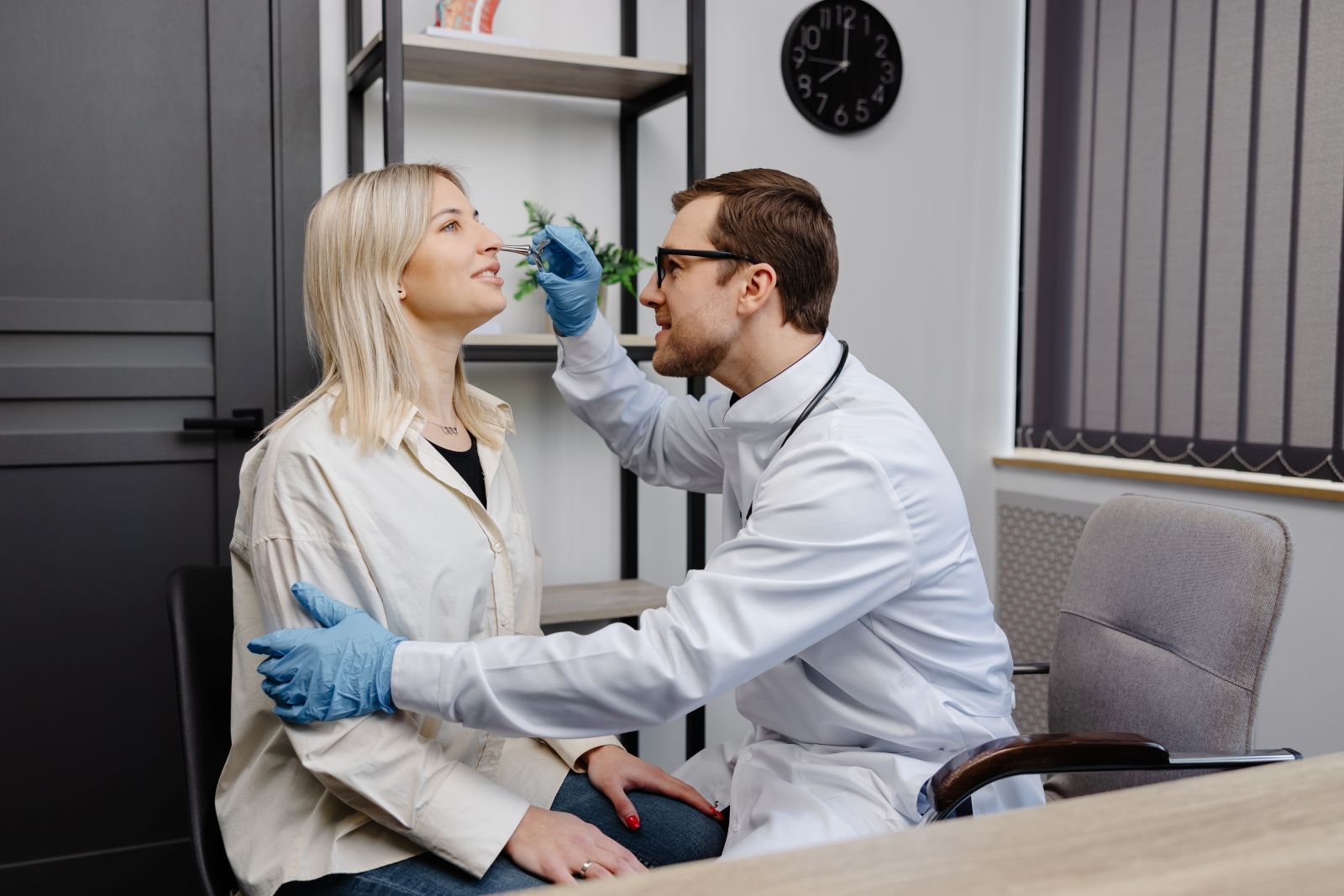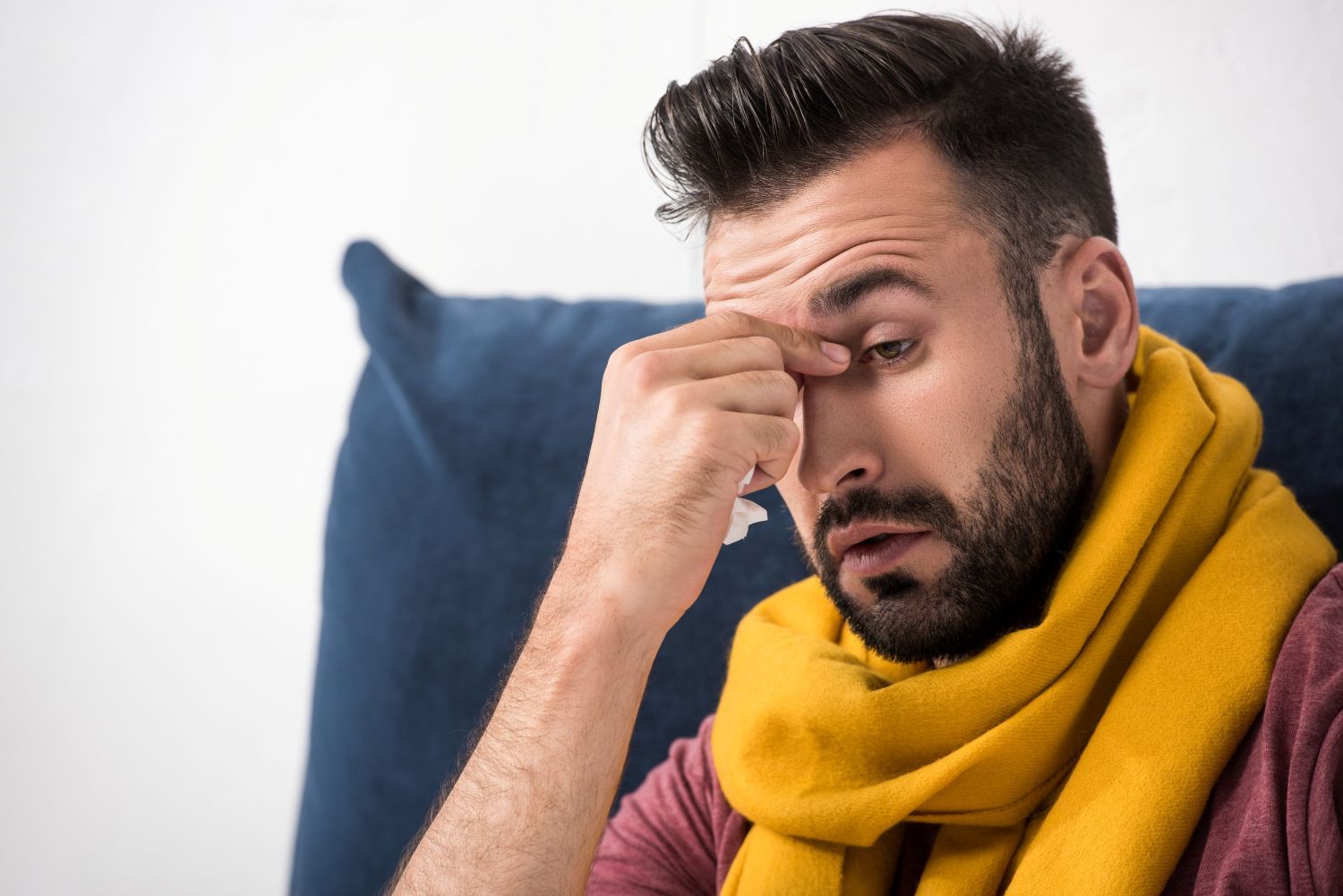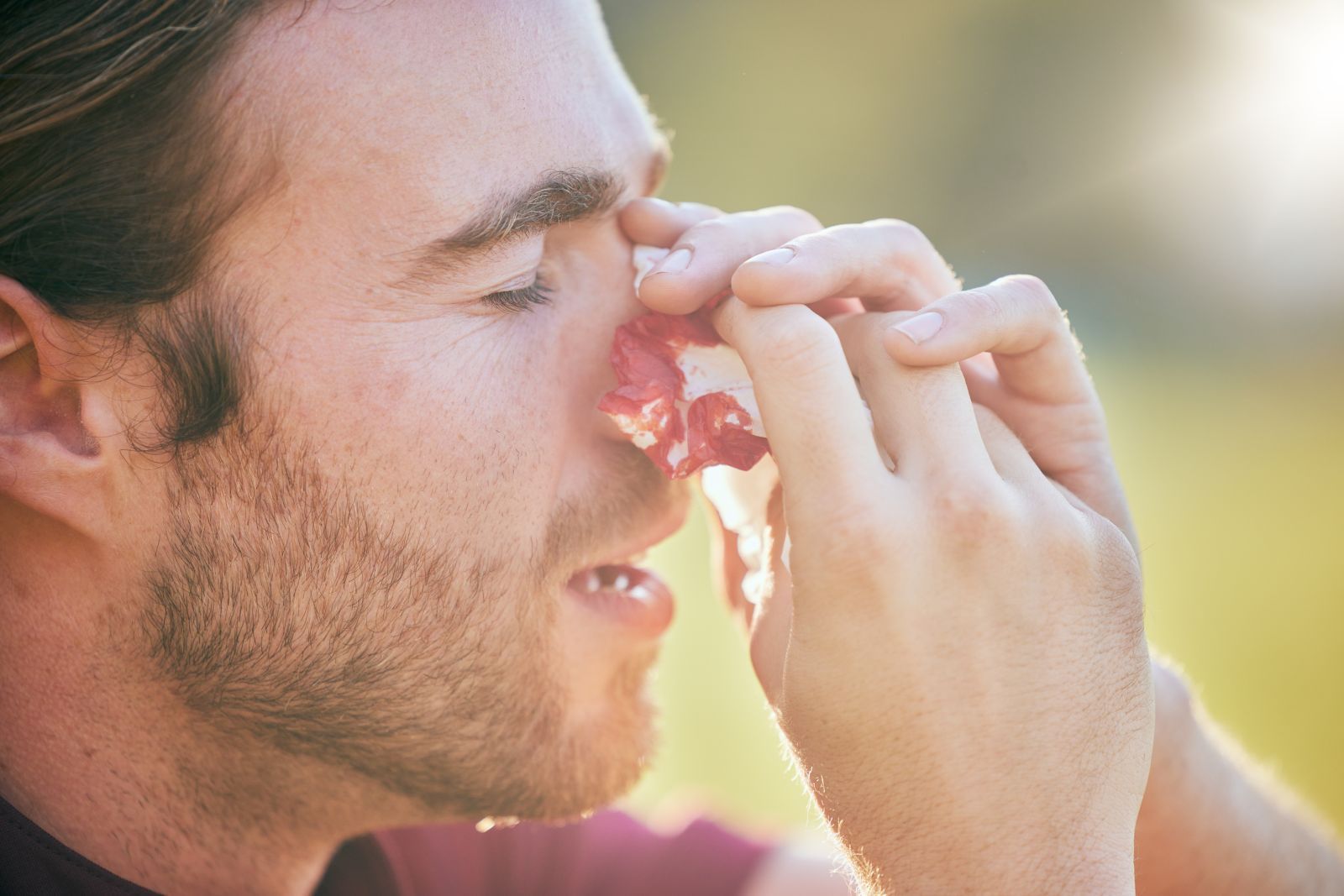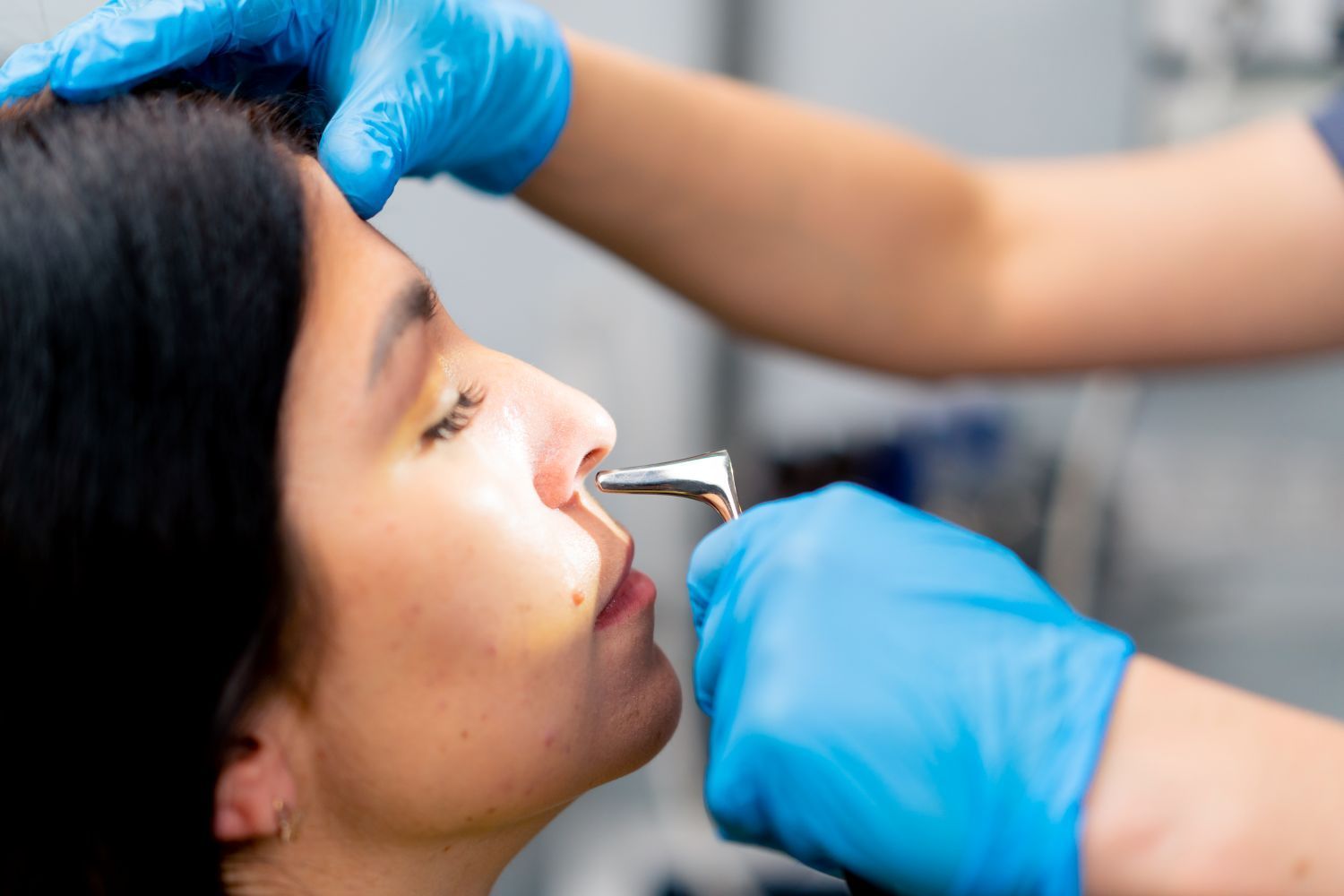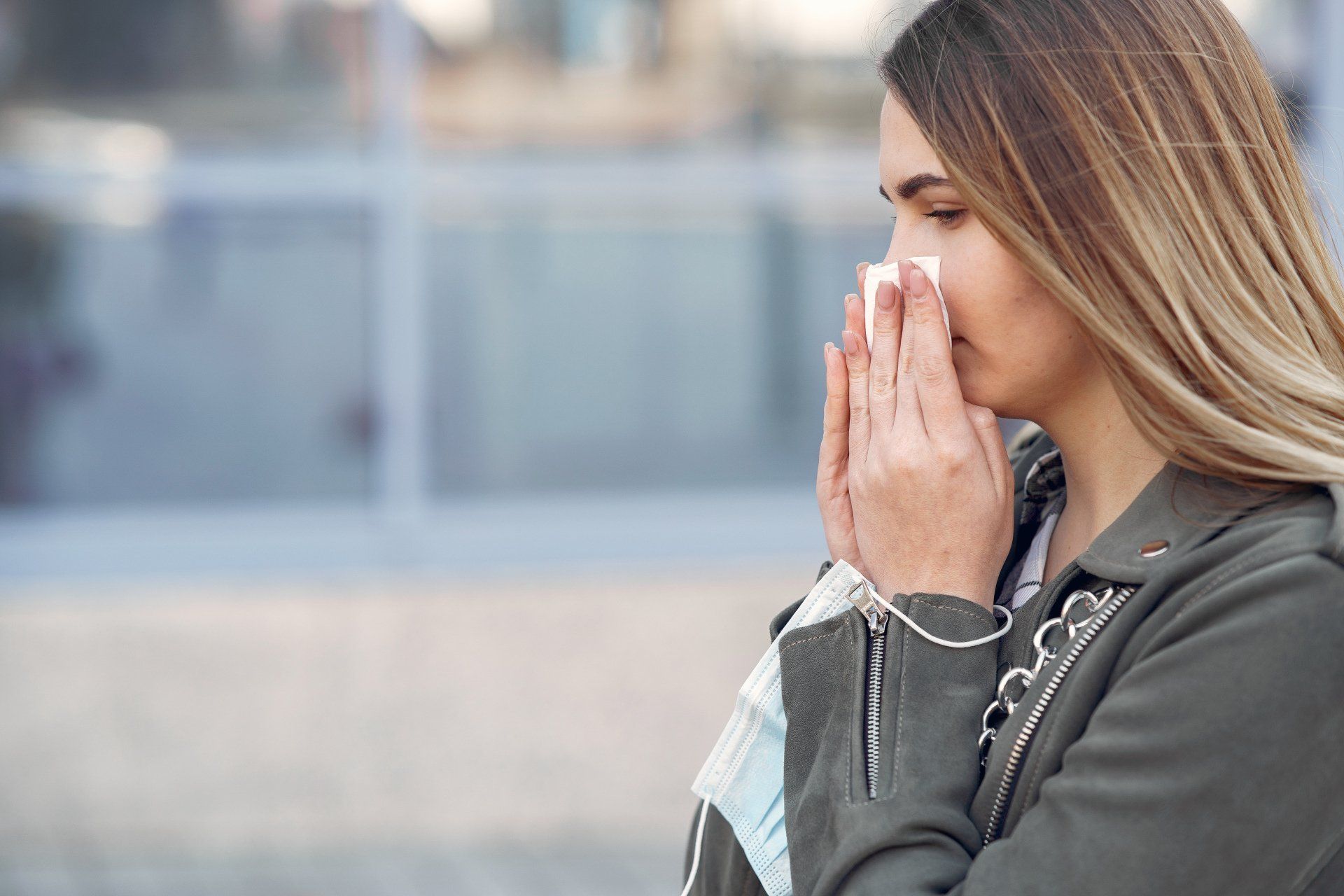Is the COVID-19 vaccine safe?
There have been more than 37 million cases of COVID-19 in the United States, with over 620 thousand deaths since March of last year. The world came to a halt in 2020 as we were urged to stay home in an effort to slow the spread of the highly contagious coronavirus. Now, halfway through 2021, hope is on the horizon: major pharmaceutical companies—such as Pfizer, BioNTech, Moderna, and Johnson & Johnson—have developed and distributed vaccines to countries around the world. Here’s what you need to know.
The Benefits of Being Vaccinated
The COVID-19 vaccine will not make you immune to the coronavirus, but it can significantly reduce the severity of symptoms if you do get sick. The vaccine may also prevent you from spreading the virus to others. The virus replicates as it spreads, increasing the risk of vaccine-resistant mutations, so it’s important that we do what we can to stop the spread.
At the time of writing this, more than 4.74 billion doses of the vaccination have been administered worldwide, with over 350 million doses given in the United States. Approximately 51% of people in the United States have been fully vaccinated, with around 77% of the population having received at least one dose. Health officials are aiming to reach a total of 70% of Americans fully vaccinated in an effort to achieve herd immunity, which helps protect those in our community with serious medical conditions that prevent them from being able to be vaccinated.
Is the Vaccine Safe?
Vaccine safety has been a popular topic in recent years, with many people expressing concern and spreading misinformation regarding potential side effects or risks associated with vaccinations in general. The hurried release of the COVID-19 vaccination has led many people to question whether or not it is safe, however, it has been fully approved for emergency use by the Food & Drug Administration (FDA).
Healthcare professionals and government officials have gone to great lengths to assure people that the vaccine is safe for use. While vaccines—and most medications, for that matter—do carry a risk of side effects, the overall risk is quite low. For example, the Johnson & Johnson Janssen vaccine carries an increased risk of blood clots (otherwise known as thrombosis with thrombocytopenia syndrome or TTS) but this occurred in only 0.0003% of cases or 42 out of the 13 million people who received the J&J vaccine. Comparatively, the average birth control pill carries a 0.3% risk of blood clots.
Get Your Vaccination Today!
Everyone 12 years of age and older is eligible to receive a COVID-19 vaccine free of charge. Visit the CDC’s website to find a vaccination provider near you, or to learn more about the benefits of being vaccinated.
The case rates are climbing again, with an average of 140 thousand new cases every day over the past week. I truly believe that the way back to ‘normal’ is by getting as many people vaccinated as possible. Speak to your doctor or a trusted healthcare professional to learn more about the COVID-19 vaccine, including the risks and potential side effects.
Thomas S. Higgins, MD, MSPH
Husband. Father. Sinusitis Nerd.



